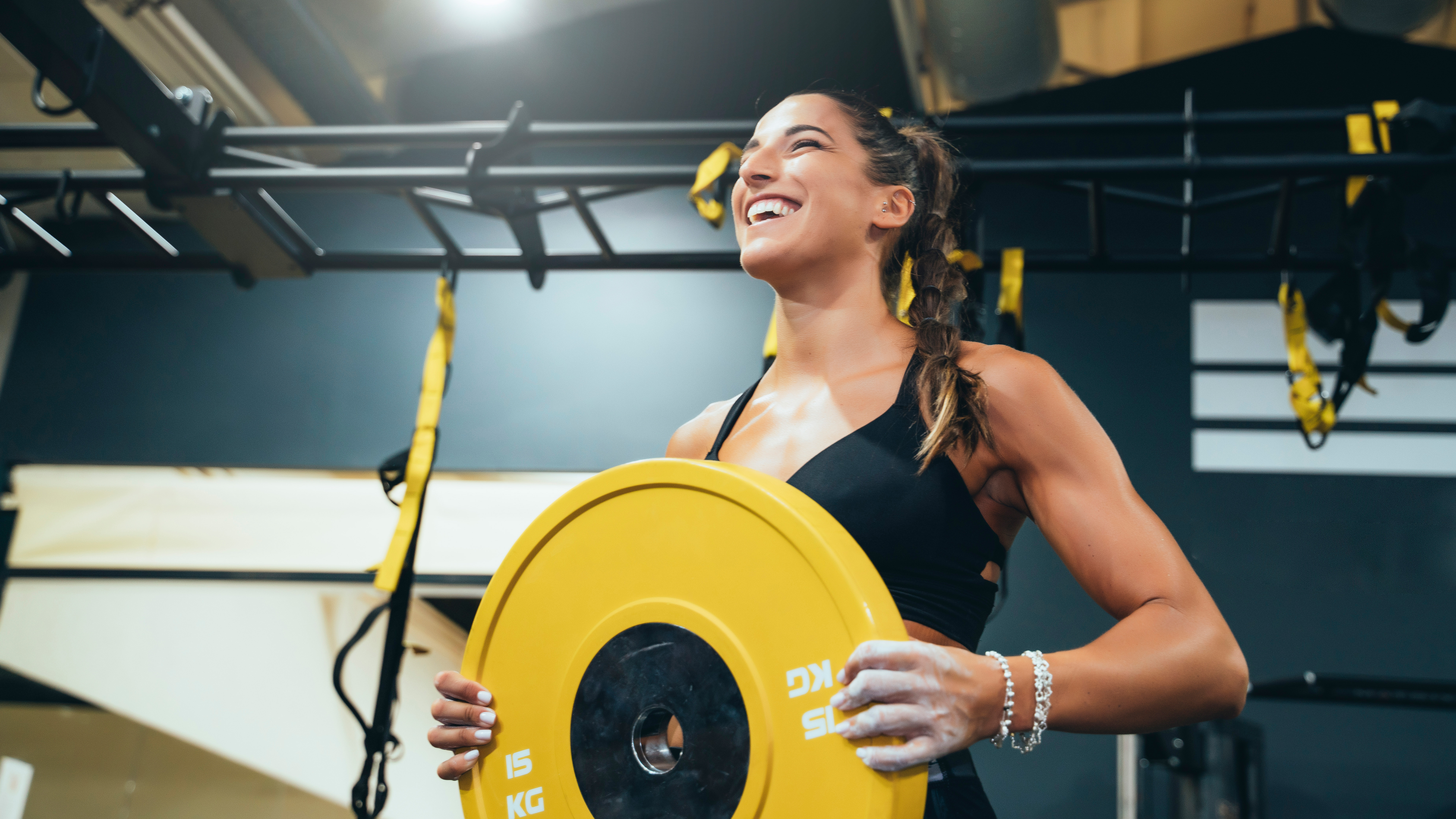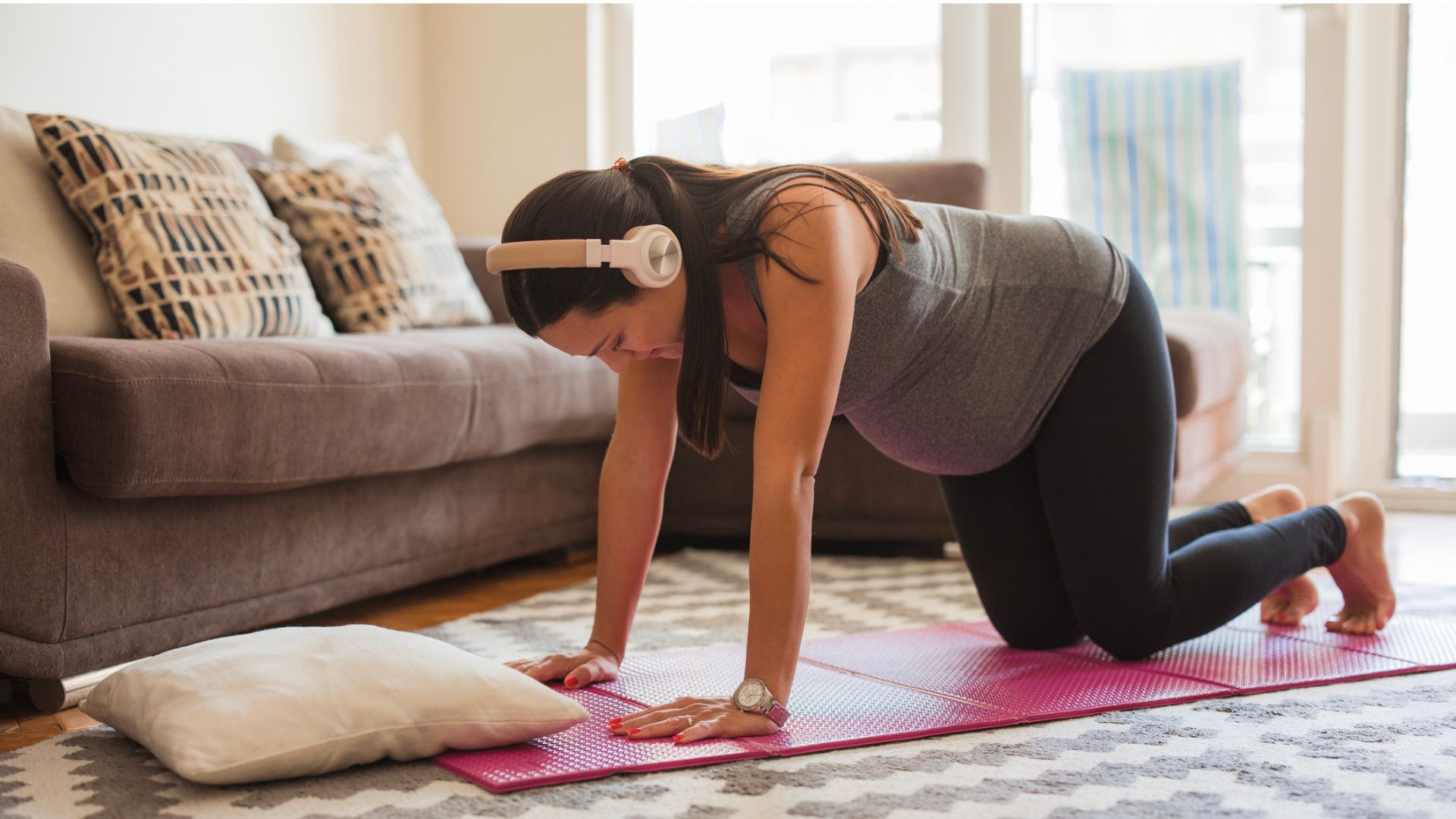What does protein do for women?
A dietitian and nutritionist explain how eating more protein can change a woman's body
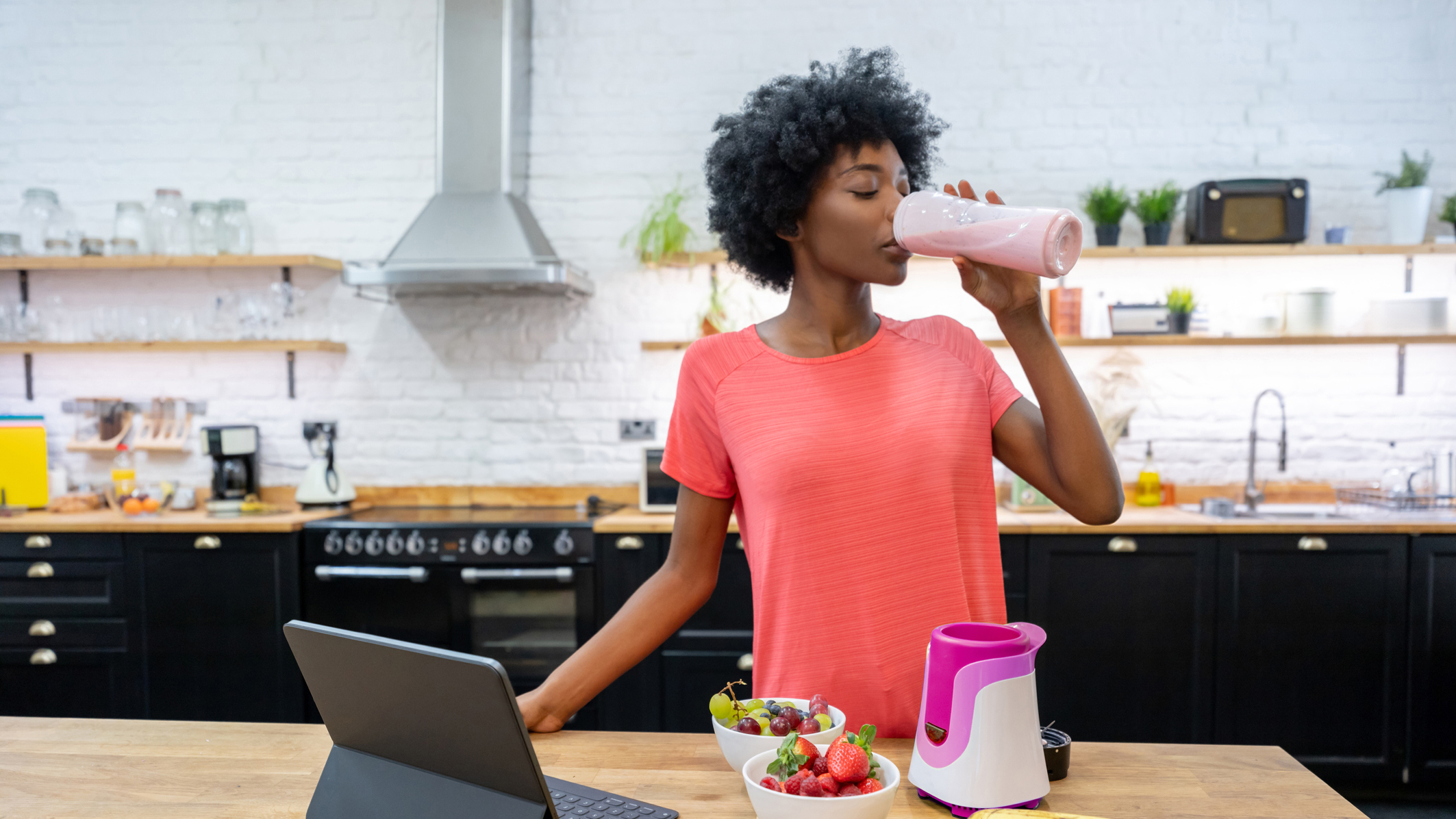
Protein is an important macronutrient for every woman. Even if you aren’t trying to put on muscle, protein is essential for growth and repair within the body, so it’s vital you get enough. But just how much is enough and what happens when a woman increases her intake?
To answer such questions, we’ve spoken to nutrition experts and got them to break down exactly how much you should be eating. We've also rounded up the best protein powders for women, to make it easier for you to hit your daily protein goals.
What does protein do for women?
Protein is an essential part of any diet. “Protein makes and maintains all of the body’s cells, including those which make up muscles, organs, bones, cartilage, skin and blood,” says registered dietitian Helen Bond.
Eating sufficient protein will allow your body to efficiently grow and repair itself, but it has other benefits too. It's more satiating than carbs or fats, so eating sufficient amounts can help you maintain a healthy weight. And consuming protein could actually help you burn calories, too.
“[Eating protein] may rev up the body’s metabolism, thanks to a process called thermogenesis,” says Bond. This means that the body has to work hard to digest it, and doing so will generate heat and burn calories.
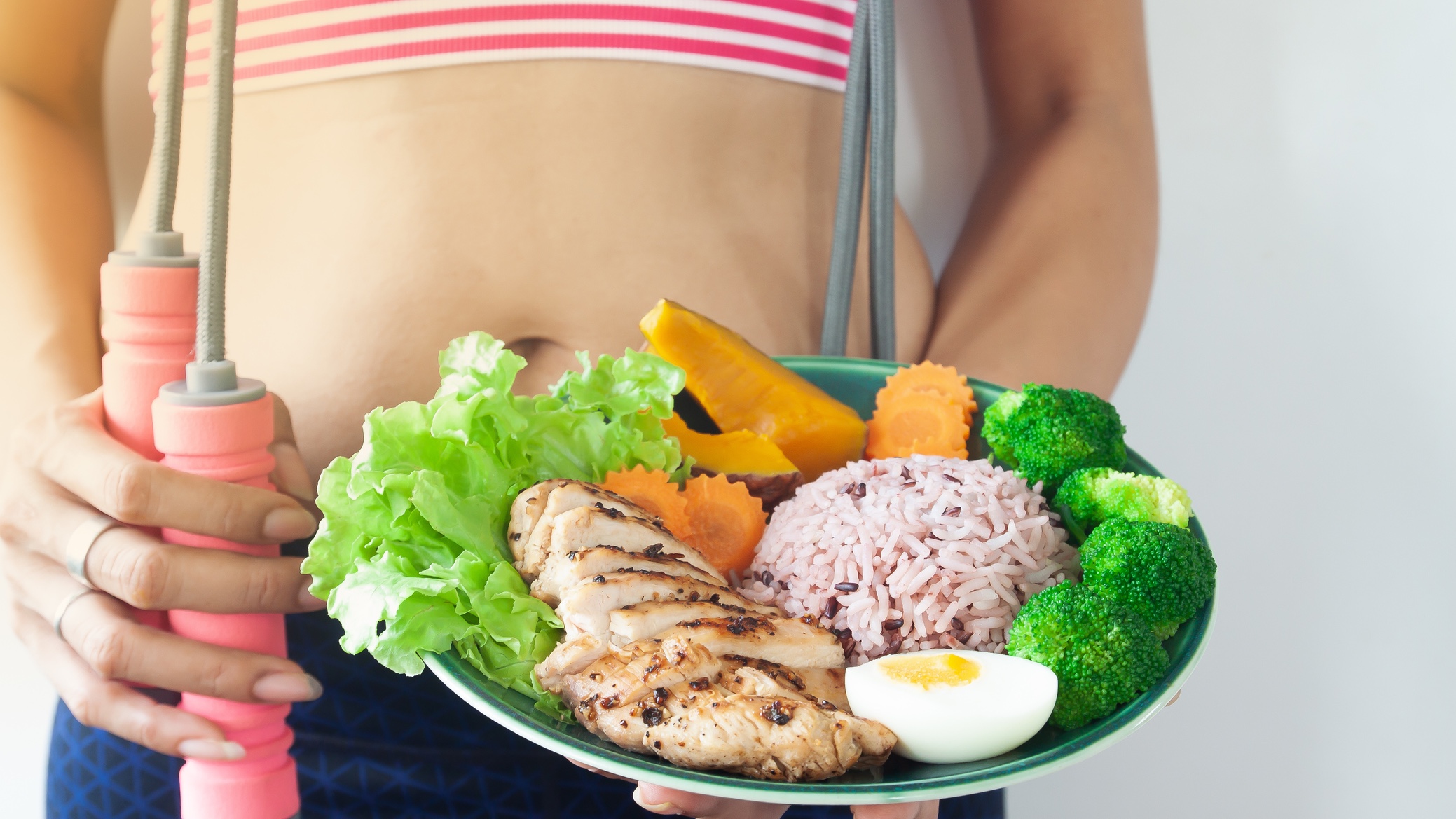
Even so, you should be cautious of going overboard. As with any nutrient, eating too much protein can lead to weight gain.
“Some high-protein foods are less healthy than others due to additional fat, saturated fat and salt—especially when it comes to animal proteins such as red and processed meat,” adds Bond. “Eating more red and processed meat is also linked to an increased risk of bowel cancer.”
Get the Fit&Well Newsletter
Start your week with achievable workout ideas, health tips and wellbeing advice in your inbox.
Consuming excessive amounts of processed meats and full fat dairy products can also push up your cholesterol, so focus on leaner sources of protein when you're trying to increase your intake.

Helen is a registered dietitian, consultant for Bioglan Superfoods and spokesperson for the British Dietetic Association. She runs her own successful dietetic practice in the UK, where she provides consultancy for food companies and regularly writes and provides expert comment on nutrition news stories for magazines and national newspapers.
What happens when you increase your protein intake
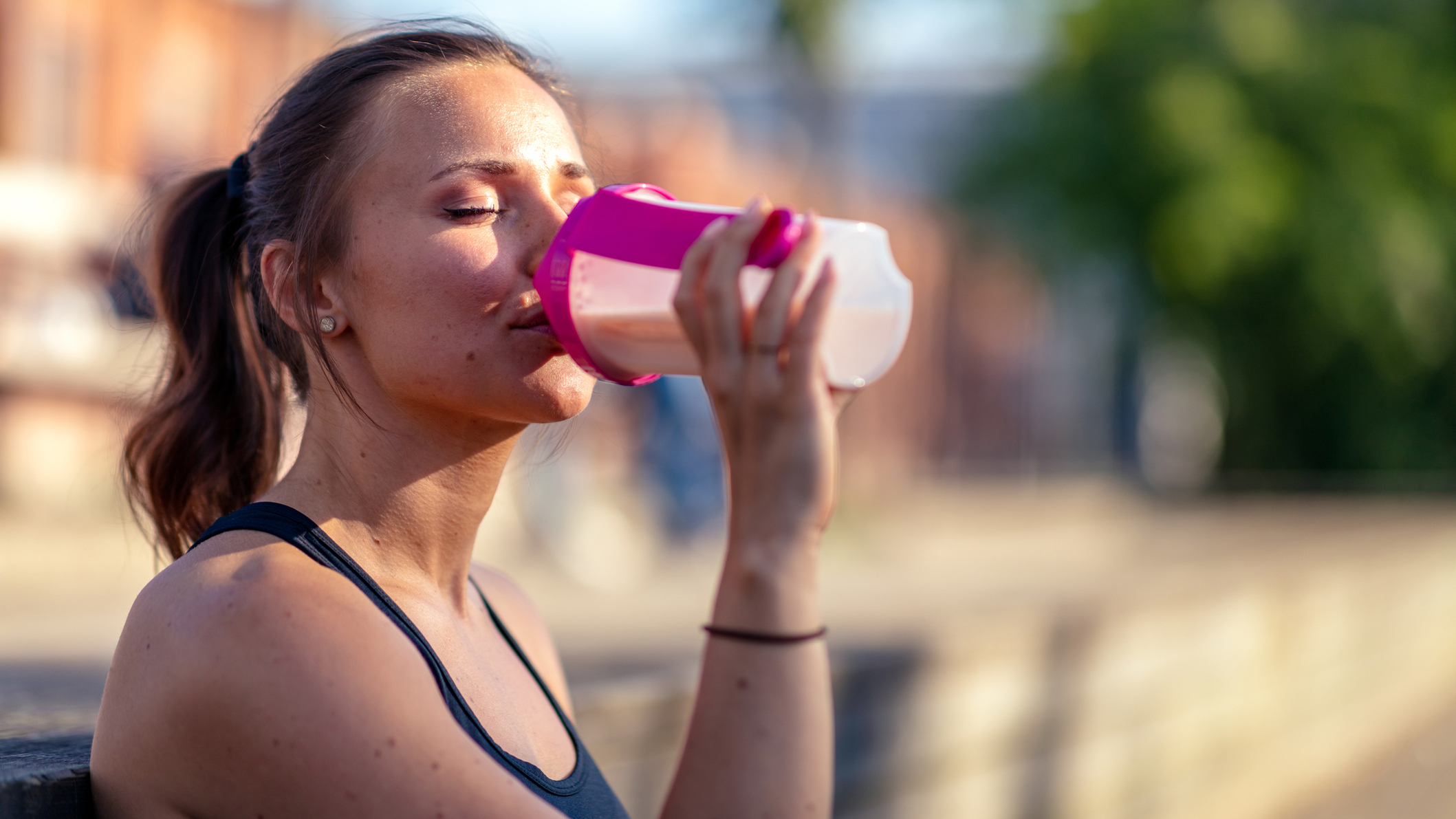
“If you’re already consuming enough protein to meet your needs then increasing your protein intake offers no health or performance advantages," says Anita Bean, registered nutritionist. "But if you increase the amount of exercise you do, particularly strength and conditioning, then your protein needs will increase."
Our bodies need a positive protein balance in order to successfully increase muscle mass. If this is your goal, then you need to ensure you're consuming enough protein to support your body through the process of muscle protein synthesis.
Bean tells us that we can calculate our protein needs based on our body weight. “A daily intake of 0.75g protein per kg of healthy body weight is recommended for moderately active women, which equates to 45g for a 60kg person. This increases to 1.2 to 2g per kg of healthy body weight per day if you’re a regular exerciser or very physically active,” she says.

Anita Bean is an award-winning registered nutritionist, health writer, internationally published author and former British bodybuilding champion. She is accredited by the Association for Nutrition (AfN) and specializes in sport and exercise nutrition.
What happens if you don’t get enough protein
Protein deficiency can lead to stunted growth, weakness, heart problems and lowered immunity, according to research published in Food Function. This is due to the role amino acids play in immune health, growth and replacement of damaged cells. With this in mind, it’s vitally important that you’re eating enough protein to support yourself.
“Those who are very active have higher protein requirements as the body uses protein to build lean muscle and repair any muscle damage,” explains Bond. “So, for example, women who regularly exercise or are very physically active can see their protein requirements increase to 1.2 to 2g protein per kg body weight per day."
Is there a good time for women to take protein?
Both Bond and Bean recommend eating protein after exercise but also suggest incorporating it into meals and snacks throughout the day.
“The advice for years has been to eat high quality protein within one to two hours of competing physical activity, and strength training too, to help our muscles recover,” says Bond. “What we now know is that to help our body grow and repair itself, our total daily protein intake matters more than when we’re eating it. So, distributing protein throughout the day—aiming to eat similar amounts in each meal—is a better way to ensure women’s’ body’s are able to use the protein that they’re consuming.
"It’s a personal preference, but to nourish and grow our muscles all day long, eating 20g of protein at each meal, plus a protein-rich snack, is a good target to aim for.”

Lou Mudge is a Health Writer at Future Plc, working across Fit&Well and Coach. She previously worked for Live Science, and regularly writes for Space.com and Pet's Radar. Based in Bath, UK, she has a passion for food, nutrition and health and is eager to demystify diet culture in order to make health and fitness accessible to everybody.
Multiple diagnoses in her early twenties sparked an interest in the gut-brain axis and the impact that diet and exercise can have on both physical and mental health. She was put on the FODMAP elimination diet during this time and learned to adapt recipes to fit these parameters, while retaining core flavors and textures, and now enjoys cooking for gut health.
